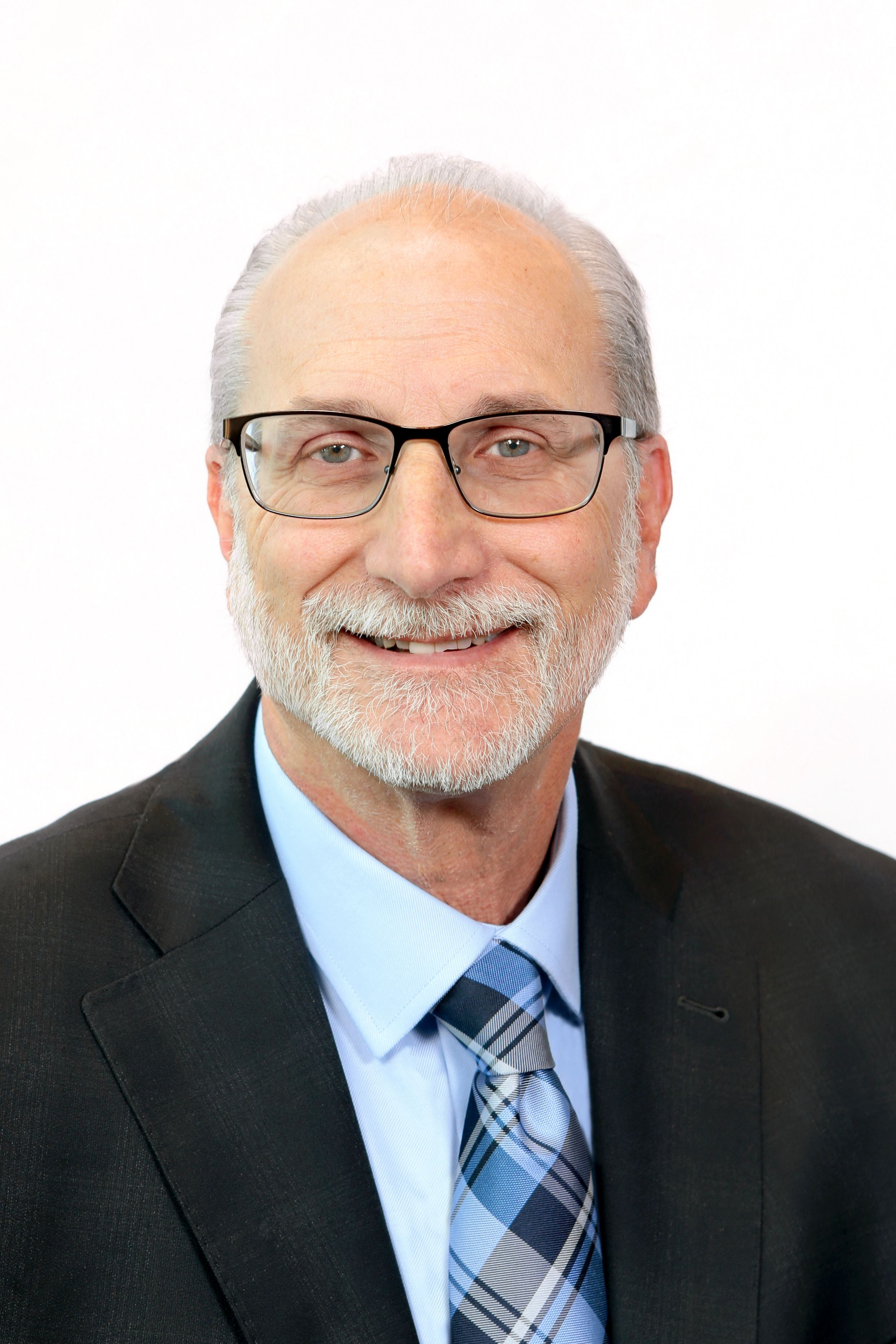
A Michigan statute governs access to a deceased individual’s safe deposit box. The law establishes specific requirements and procedures that apply if you need to access a loved one’s safe deposit box after they pass away. It’s also important to understand those laws if you use a safe deposit box to store your valuables and important records, like the originals of your estate planning documents.
Michigan Law on Opening a Safe Deposit Box After Death
A specific Michigan statute, MCL 700.2517, controls access to a safe deposit box after the death of the lessee. The current provisions apply to persons who died after October 1, 1993. Different laws govern decedents who died prior to that date.
The law specifically provides that “a surviving joint lessee of a joint safe deposit box has full access to the safe deposit box.” So, if two spouses jointly rent a safe deposit box, the surviving spouse will have full access to the box. The same result applies if any two (or more) individuals jointly lease a safe deposit box.
A personal representative appointed by the court also has access to the decedent’s safe deposit box and may remove items from the box. If another person jointly leased the box with the decedent, specific procedures must be followed. The personal representative must open the box in the presence of an officer or employee of the institution owning the box. Everyone who is present when the box is opened must sign a statement certifying what was removed from the box. The statement must be served on joint lessees within seven days.
If a personal representative has not been appointed, a court order is necessary to access a safe deposit box. Any interested person who believes that a safe box leased by the decedent contains a Last Will and Testament or deed to a burial plot may file a petition with the probate court in the county where the box is located.
After a petition is filed, the judge has authority to issue an order for the institution owning the box to allow the person named in the court order to examine the safe deposit box in the presence of an officer or other authorized employee of the institution. If a document appearing to be a will or burial plot deed is found, the person named in the order must give the will or deed to the probate register or a deputy register. No other items may be removed from the safe deposit box. Everyone present when the box is opened must sign a certificate stating whether a will or deed was found and that no other items were removed. The statement must be delivered to the probate register or a deputy within seven days.
How To Access a Deceased Loved One’s Safe Deposit Box
If you lose a loved one, a safe deposit box can only be opened in accordance with the requirements of Michigan law. Accessing items in the box is one of many tasks relating to estate administration that the deceased’s loved ones and the personal representative of the estate need to address.
To ensure that all requirements of state law for probate and administration of an estate are met, the best approach is to talk with an experienced Michigan probate attorney. A knowledgeable lawyer will help you understand what’s necessary and decide on the best way to proceed with regard to your loved one’s estate.
Storing Your Estate Planning Documents
Depending on your circumstances, a safe deposit box may — or may not — be the best place to store the originals of your estate planning documents, especially given the statutory limitations Michigan places on access to safe deposit boxes after death. If your estate plan includes a trust, you may wish to consider titling the safe deposit box in the name of the trust, which would require having a Certificate of Trust on file with the financial institution. If your safe deposit box is titled in the name of the trust, the trustee should have access to the box without the need to obtain court permission. Regardless of your circumstances, your estate planning attorneys will help you determine the best way to store the original documents in your estate plan when you receive them.
Safeguarding your original estate planning documents — and being certain they can be quickly located if necessary — is extremely important. When you create an estate plan with assistance from a knowledgeable attorney, your lawyer helps you decide on the best place to keep your documents and how to let your loved ones know where to locate them. That’s just one of many reasons why you should get assistance from a lawyer when you make an estate plan, rather than attempting to create a plan on your own without legal counsel.
Talk With Our Experienced Troy, Michigan Probate and Estate Planning Attorneys
At the law firm of Barron, Rosenberg, Mayoras & Mayoras, P.C., we provide a full range of services relating to probate and estate planning. We’ve been serving clients in Oakland County and beyond for more than 40 years. Our clients count on our commitment, experience, and credentials when they turn to us for their legal needs. Contact us today for a consultation.

This article was provided by Don L. Rosenberg, Co-Founder of the Law Firm of Barron, Rosenberg, Mayoras & Mayoras, one of Michigan’s TOP Elder Law & Estate Planning Law Firms. Attorney Rosenberg and his firm are Members of the National ElderCare Matters Alliance and have a Featured Listing on ElderCareMatters.com – America’s National Directory of Elder Care / Senior Care Resources to help families plan for and deal with the issues of Aging.
If you have additional questions about your family’s Elder Care / Senior Care Matters, you can count on ElderCareMatters.com (America’s National Directory of Elder Care / Senior Care Resources) to help you find America’s Top Elder Care / Senior Care Professionals. You can find Local Elder Care / Senior Care Experts by Searching our National Database by City and Service Category. (This Search feature is located on the homepage of ElderCareMatters.com).
The Elder Care / Senior Care Experts who are found on ElderCareMatters.com can provide you with the help you need in a wide range of Elder Care / Senior Care Services, including Elder Law, Estate Planning, Home Care, Assisted Living, Care Management, Daily Money Management, Senior Living, Investment Advisory Services, Tax & Accounting Services, Wills & Trusts, Probate plus many other Elder Care Services.
We look forward to helping you plan for and deal with your family’s Issues of Aging.


